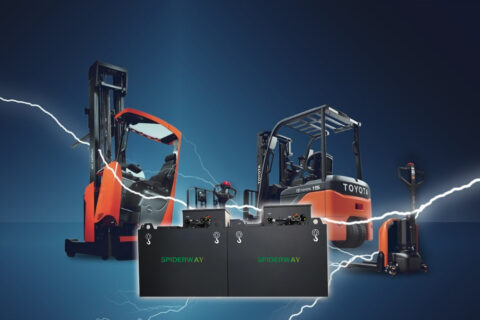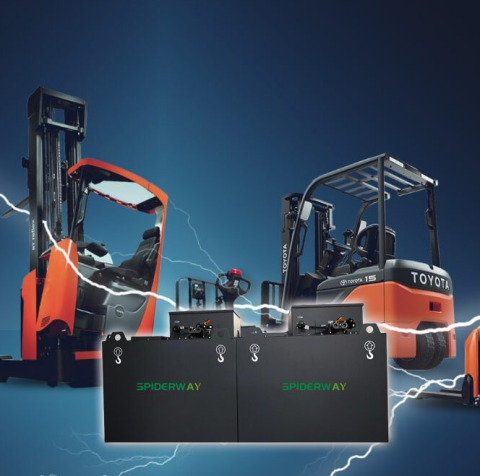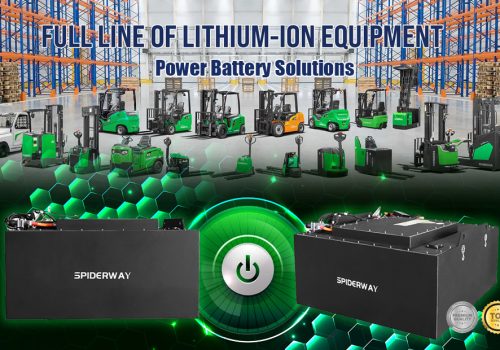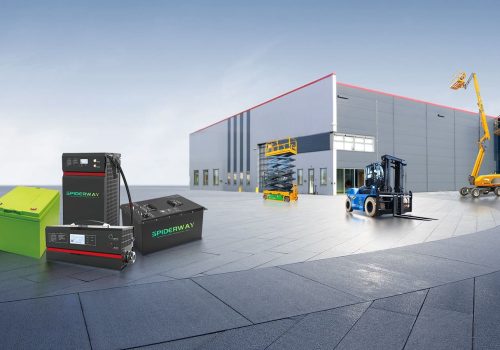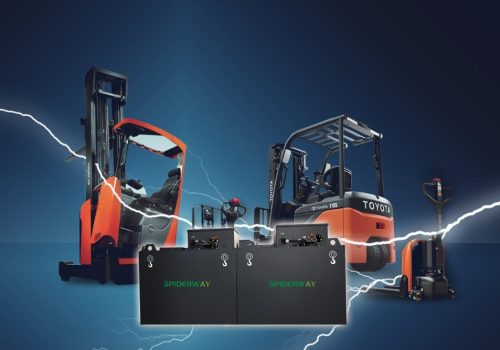
Lithium Iron Phosphate (LFP) batteries have gained significant traction in various applications, particularly in heavy-duty industrial vehicles and consumer vehicles. Understanding the differences between these two applications is essential for manufacturers, consumers, and industry stakeholders. This article explores the distinctions between LFP batteries used in heavy-duty industrial vehicles and those used in consumer vehicles, focusing on materials, manufacturing processes, power output, performance, and pricing.
Materials
- LFP Batteries for Industrial Vehicles: These batteries primarily utilize lithium iron phosphate as the cathode material. This composition not only enhances safety but also provides a stable chemical structure that can withstand higher temperatures and repeated charging cycles.
- LFP Batteries for Consumer Vehicles: While consumer vehicles also use LFP technology, they may incorporate additional materials to optimize energy density and weight. This could include variations in the cathode composition or the addition of other lithium-ion chemistries to enhance overall performance.
Manufacturing Processes
- Industrial Vehicle Batteries: The manufacturing of LFP batteries for industrial applications often involves automated production lines that ensure consistency and quality. Companies like SPIDERWAY leverage advanced manufacturing techniques to produce reliable battery packs tailored for high-demand environments.
- Consumer Vehicle Batteries: The production of LFP batteries for consumer vehicles may involve more diverse manufacturing processes to cater to different vehicle designs and specifications. This flexibility can lead to variations in quality control and efficiency compared to industrial counterparts.
Power Output
- Heavy-Duty Applications: LFP batteries designed for industrial vehicles are engineered to deliver high power output consistently. They are capable of supporting heavy lifting and prolonged usage without significant performance degradation.
- Consumer Applications: In contrast, LFP batteries for consumer vehicles are optimized for efficiency rather than sheer power output. They are designed to provide adequate performance for everyday driving needs, which may not require the same level of power as industrial applications.
Performance
- Cycle Life: LFP batteries in industrial settings typically have a longer cycle life due to their robust construction and thermal stability. They can endure frequent charging cycles without significant capacity loss, making them ideal for applications like forklifts and electric yard trucks.
- Energy Density: While LFP batteries are generally less energy-dense than other lithium-ion technologies (like Nickel Manganese Cobalt), they excel in safety and longevity. Consumer vehicles may prioritize energy density more heavily, leading to a preference for alternative chemistries in some cases.
Pricing
- Cost Factors: Industrial LFP batteries tend to be more cost-effective over their lifecycle due to lower maintenance costs and longer operational lifespans. The absence of rare materials like cobalt helps keep production costs down.
- Market Variability: Pricing for consumer vehicle batteries can fluctuate based on market demand, technological advancements, and supply chain factors. Although LFP technology is generally less expensive than other lithium-ion options, consumer models might still command a premium due to added features or brand positioning.
While both heavy-duty industrial vehicles and consumer vehicles benefit from LFP battery technology, their requirements lead to distinct differences in materials, manufacturing processes, power output, performance characteristics, and pricing structures.
- 48V 304AH LiFePO4 lithium battery for KOMATSU Forklift FB20-12 Type
- Product on sale48V 404Ah LiFePO4 lithium battery for LIUGONG forkliftOriginal price was: $5,399.00.$5,318.00Current price is: $5,318.00.
- Product on sale48V 606Ah LiFePO4 lithium battery for HELI forkliftOriginal price was: $7,999.00.$7,978.00Current price is: $7,978.00.
- Product on sale
 80V 404Ah LiFePO4 lithium battery for HELI K2 3.5T forkliftOriginal price was: $8,399.00.$8,310.00Current price is: $8,310.00.
80V 404Ah LiFePO4 lithium battery for HELI K2 3.5T forkliftOriginal price was: $8,399.00.$8,310.00Current price is: $8,310.00. - Product on sale
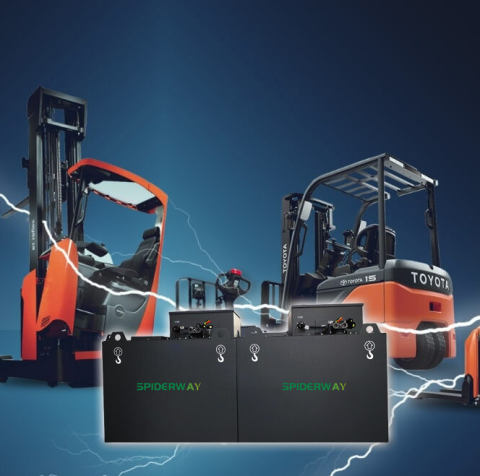 48V 404Ah LiFePO4 lithium battery for LIUGONG 2.5TforkliftOriginal price was: $5,399.00.$5,318.00Current price is: $5,318.00.
48V 404Ah LiFePO4 lithium battery for LIUGONG 2.5TforkliftOriginal price was: $5,399.00.$5,318.00Current price is: $5,318.00. - Product on sale
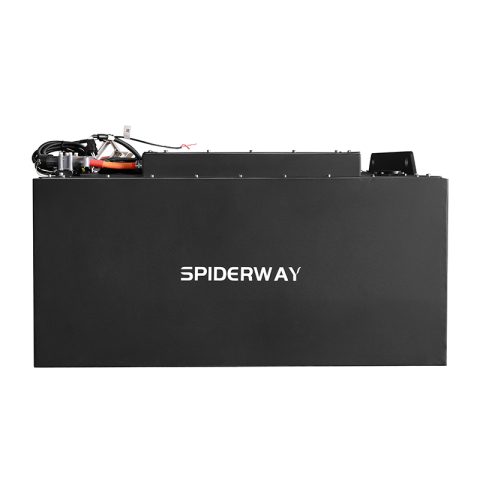 80V 544Ah LiFePO4 lithium battery for TOYOTA forkliftOriginal price was: $11,199.00.$11,190.00Current price is: $11,190.00.
80V 544Ah LiFePO4 lithium battery for TOYOTA forkliftOriginal price was: $11,199.00.$11,190.00Current price is: $11,190.00. - Product on sale
 48V 272Ah LiFePO4 lithium battery for LIUGONG forkliftOriginal price was: $3,599.00.$3,581.00Current price is: $3,581.00.
48V 272Ah LiFePO4 lithium battery for LIUGONG forkliftOriginal price was: $3,599.00.$3,581.00Current price is: $3,581.00. - Product on sale
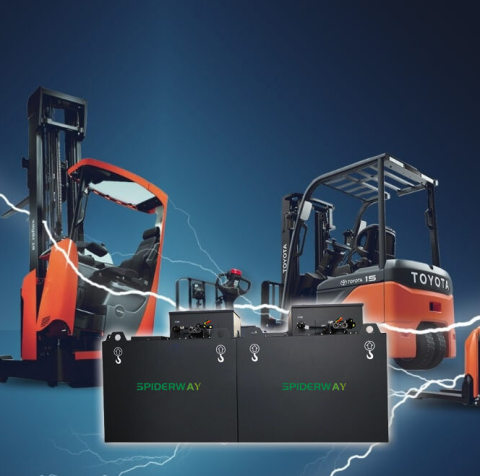 24V 202Ah LiFePO4 lithium battery for LINDE T20 forkliftOriginal price was: $1,399.00.$1,329.00Current price is: $1,329.00.
24V 202Ah LiFePO4 lithium battery for LINDE T20 forkliftOriginal price was: $1,399.00.$1,329.00Current price is: $1,329.00. - Product on sale
 48V 544Ah LiFePO4 lithium battery for HELI CPD20-F1 forkliftOriginal price was: $7,199.00.$7,162.00Current price is: $7,162.00.
48V 544Ah LiFePO4 lithium battery for HELI CPD20-F1 forkliftOriginal price was: $7,199.00.$7,162.00Current price is: $7,162.00.
SPIDERWAY stands out as a professional manufacturer of LFP lithium batteries specifically designed for industrial vehicles. With a decade of experience in producing high-quality battery solutions using automated production lines, SPIDERWAY ensures that its products meet the rigorous demands of the industrial sector while offering competitive pricing. As industries increasingly adopt electric solutions, SPIDERWAY is poised to be a leader in providing reliable power sources for heavy-duty applications.

